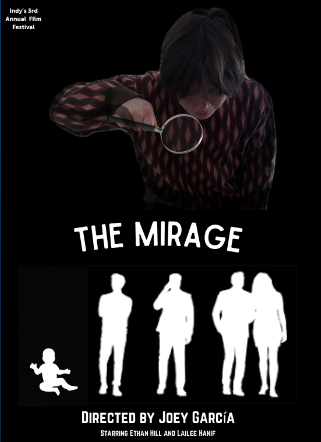There are many pressures in sports. Whether it’s performing your best, winning a game, or improving the way you feel. But one that is not often mentioned is the pressure that athletes sometimes feel after being injured.
There can be many emotions felt throughout a recovery from an injury. This can range from frustration, sadness and self doubt.
Kieran Rhoton, a freshman on the varsity volleyball team said an injury to her glute impacted her mental health.
“I just didn’t really say much because I love my sport and it breaks my heart when I’m taken out of it,” Rhoton said. “But, it got bad to the point where I had to be taken out and I wasn’t allowed to play.”
Some athletes will ignore their injury to continue playing which results in them actually causing more damage.
During an injury, many athletes also worry their abilities will decrease and that they need to rush to get better. Lawrence Hess, the Independence High School athletic trainer, explained from his experience why this may be the case.
“Multiple factors can put pressure on the athlete to return to play [in no particular order]: Don’t want to let their coaches/teammates/parents down, Don’t want to lose their starting position. In some cases, parents underestimate the severity of injury and feel their athlete should be playing. Maybe they are on pace to have a record year, team is undefeated, playoffs/championship game,” he said in an email to The Prowl.
A lot of athletes will believe that they need to get better to improve the team, when asking Patrick Commons a sophomore on the varsity track and cross country team he said, “it affected the team because I was performing worse, which made the team perform worse because I wasn’t there to help score points.”
Athletes want to be there to support their team and be a part of it, especially after they score or win. Rhoton said that not being there for her team was hard.
“Because my favorite part of volleyball is the moment when you go up to hit, and you just know you’re gonna rip it off, like bounce the ball or something, and it does. That’s pretty much the fuel that I use when I’m playing volleyball.”
But many athletes do other things to still participate in their sport or stay active. Rhoton managed to still support her team. “I became a big cheerleader for everyone else. Because It distracted me from the sad feelings I was having and like, gave it to the positive feelings towards other people,” she said.
For the athletes that are out there currently injured, Mr. Hess has advice: “It is a marathon not a sprint. Educate yourself about the injury, set realistic goals, communicate, and commit to a rehabilitation program,” he said. “Approach rehab as if you are playing in the most important game of your life.”







